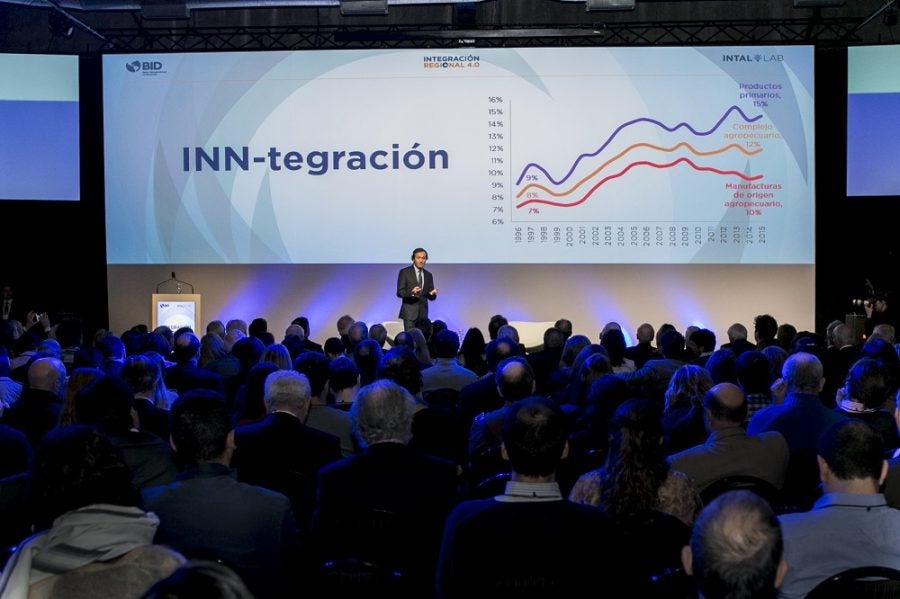Handling large volumes of information that are constantly being updated is one of the major challenges that we will be facing in the near future. Large companies use big data techniques every day to get to know their consumers better and to hone their marketing strategies. Countries are also using big data to update their investment attraction policies and promote trade intelligence, thus transforming this data into useful information that improves people’s lives.
The digitization of the physical world, which is an intrinsic part of what is known as the Internet of Things, has started a revolution in the relationships between people and objects and even in the relationships between objects themselves, which can now connect to one another and to the internet to provide and share data in real time. Markets are also in a state of constant flux: they are taking on multiple new facets, becoming data platforms and service providers that are changing the way business is done. Netflix, for example, went from providing a physical service (DVD rental) to a digital one (streaming); Uber and Airbnb connect physical assets; and Waze and Big Belly generate data from what’s happening on the streets.
These technological changes are taking place at ever faster speeds, bringing about a metamorphosis in global trade while increasingly complex and sophisticated global value chains are blurring the boundary between goods and services.
New technologies are giving rise to new forms of leadership and new ways of connecting, which are doubtlessly opening up countless production opportunities for the countries of Latin America. However, they also entail new challenges to the labor market, education, and social inclusion. New technologies alone are not going to fix the world’s problems, although they will be part of the solution.
These and other issues related to the future of integration were discussed at IDB/INTAL’s 2016 flagship event (link in Spanish), at which renowned global experts shared their experiences in designing policies that stimulate creativity with the aim of solving the challenges posed by new forms of integration.
This INTAL event invited participants to rethink integration by looking at the components that have been traditionally associated with it—infrastructure, innovation, communication, and governance—from the fresh perspective of new technologies, with the aim of contributing to social inclusion and improving Latin Americans’ lives.
The conclusions reached during this inspiring day included the need for a renewed form of governance that will coordinate efforts and construct a regional agenda; rethinking the concept of integration in a world where new technologies that are already changing people’s lives are being adopted increasingly quickly; developing mental capital as the region’s main source of wealth; working collectively and seeking consensus; and generating a culture of innovation and entrepreneurship that will help the region diversify its exports, increase productivity, and create sustainable jobs, thus guaranteeing social inclusion.



Leave a Reply